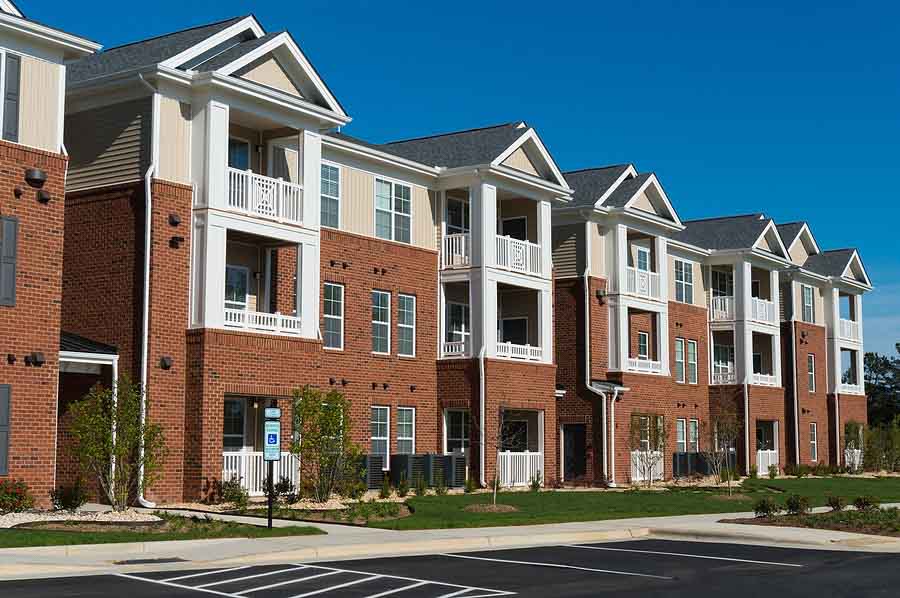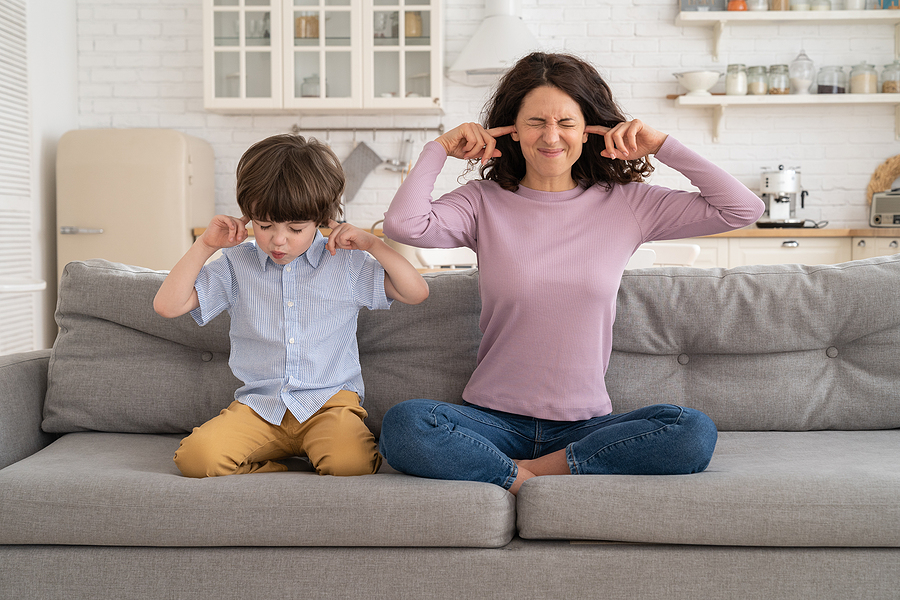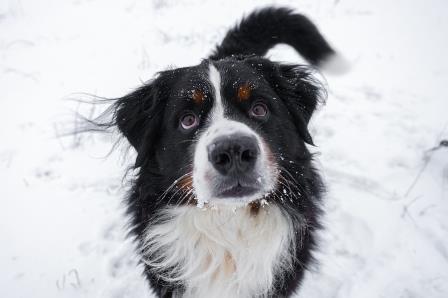Prepping for the Holidays: Inviting Guests

While we’re not quite to the holiday season, it’s a good time to start planning for having guests over. Each association’s rules vary, so check in with your board about the rules surrounding guests. If your townhome or condo has reserved parking spots, let your visitor know where the unreserved spots are. If your building does not have any reserved areas, an overcrowded parking lot can quickly become a problem, especially if visitors are staying for more than one day. Ask your board about parking procedures far in advance so that a solution can be worked out. Community areas can be great spaces to host events, but you’ll need to reserve it in advance. Also, be respectful of your neighbors. Having friends and family over can be fun, but it can often times get a little too loud. Be conscious of your noise level, and quiet down if your neighbors ask you to. Sharper Management hopes you have fun this upcoming holiday season! We’re dedicated to making your HOA an enjoyable place to live.
Summer Noise, Courtesy, and Your HOA’s Rules

Summer is filled with friends, family, fun, and, unfortunately, noise. People are outside later at night in the season of graduation and block parties, and the noise only escalates surrounding the 4th of July with sounds of fireworks. It’s important to be courteous to your neighbors; as the old saying goes, treat others the way you want to be treated. You have every right to have fun this summer, but be aware of your noise level during parties or late nights. Your HOA likely already has rules in place about noise, as issues like barking dogs aren’t unique to any one season. These rules should extend to seasonal noise, like fireworks. In Minnesota, firecrackers and any other sky explosives are illegal. However, even small, legal fireworks make sound, and that noise is accompanied by the sounds of family and friend get togethers. Depending on your HOA, some noise rules may be harder to enforce than others. Talk to your neighbors if any issues arise, and if necessary, bring your concerns to the board. If enough issues arise, the board will take your input into account when revising your HOA’s rules. Always be courteous and respectful, but keep tabs on your noise to make sure you aren’t irritating other residents this summer
New Pets and HOA Living

Since the beginning of the COVID-19 pandemic, pet adoptions have skyrocketed. For companionship and the fact many are working for home full-time, it’s clear this has been the year to get a dog. If you are one of those new puppy owners, you may find these tips helpful in your training journey. Please also note, there are some special considerations for those living in an HOA regarding pet (especially dog) ownership. Training Tips: Establish a potty routine. When potty training a dog, it is important to establish a routine that includes potty times, location, affirmation, and phrasing. Take your puppy our after certain times of day, go to the same part of your yard, give your dog affirmations when they are done, and say a word or phrase that you can eventually use to remind them what to do when distracted. Crate training is essential. Whether you need time to do housework without a puppy underfoot or you are going out to run errands, crate training your dog will help them feel at peace when you are gone. Slowly introduce the crate, then lock them up for short periods of time. When they can go 30 minutes of crate time while you are home without whining, you can start to leave the house. Keep initial trips short, slowly lengthening your time away from home until your dog is comfortable. Leash train your dog. Especially in a shared living community, having your dog used to being on a leash is important. Most communities have rules that animals must be on some type of leash, so by training your dog you will also be adhering to your HOA’s standards. Start leash training by putting the leash on your pet while they are spending time indoors. When they are used to it, start walking your dog around your house so they know what it will feel like and don’t have as many distractions as they would outdoors. Finally, take them outside with their newly developed leash skills! Pets and HOA Living: Please keep in mind your neighbors and the rules of your HOA. Some of the most common complaints regarding pets in an association include: Nuisance behavior. Lack of physical control over your dog, your dog relieving itself on walls or floors of common areas, aggressive and/or dangerous behavior, and conspicuous uncleanliness or parasite infection. Barking problems. If your dog barks continually for a period of 10 minutes or intermittently for a certain amount of time at any time during the day or night, you could be in violation of noise rules. Picking up poop even in winter weather. No one likes to spend more time outside than needed when it’s cold and snowy, but that doesn’t mean you can leave your dog’s poop outside until spring.
